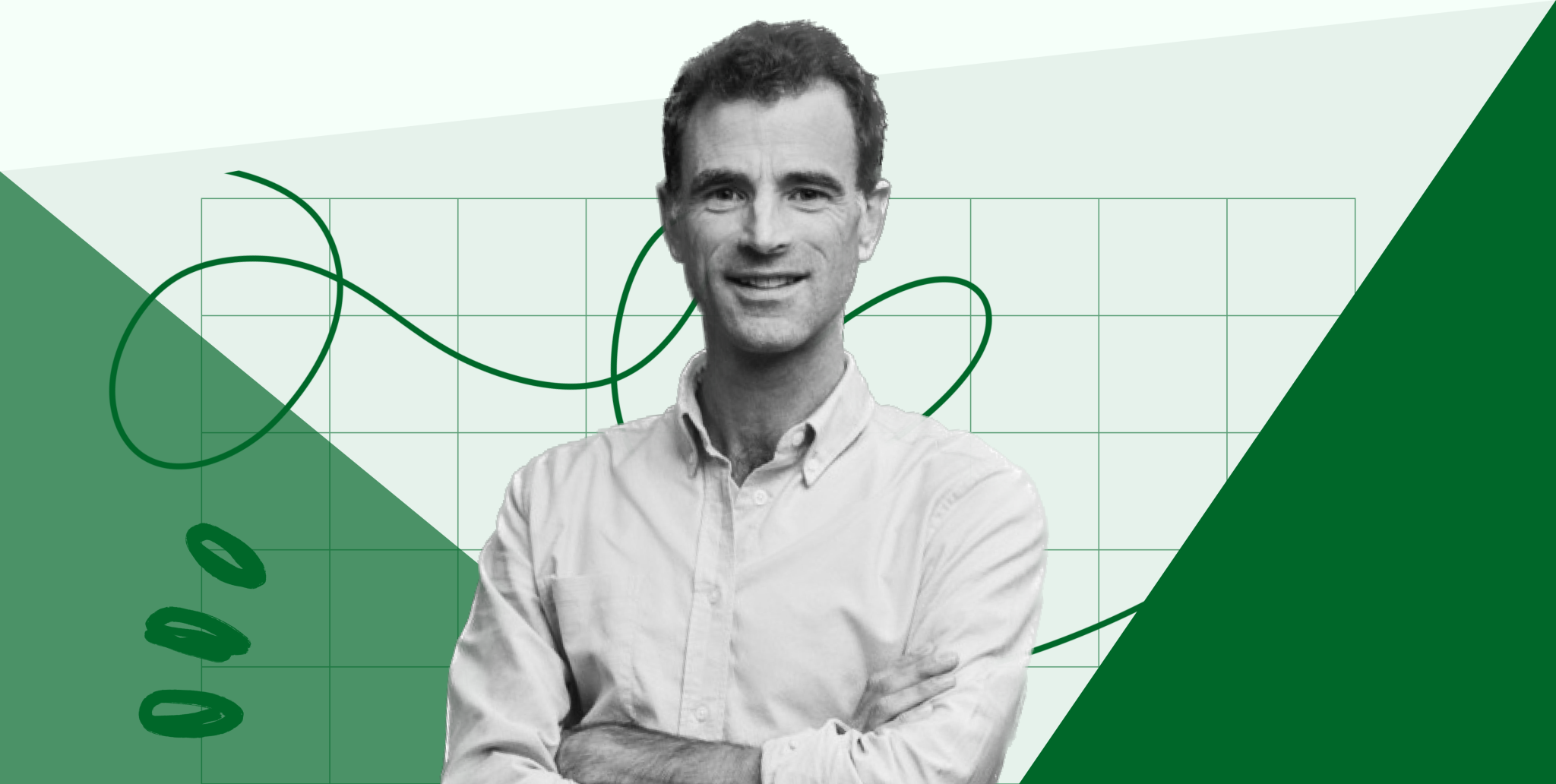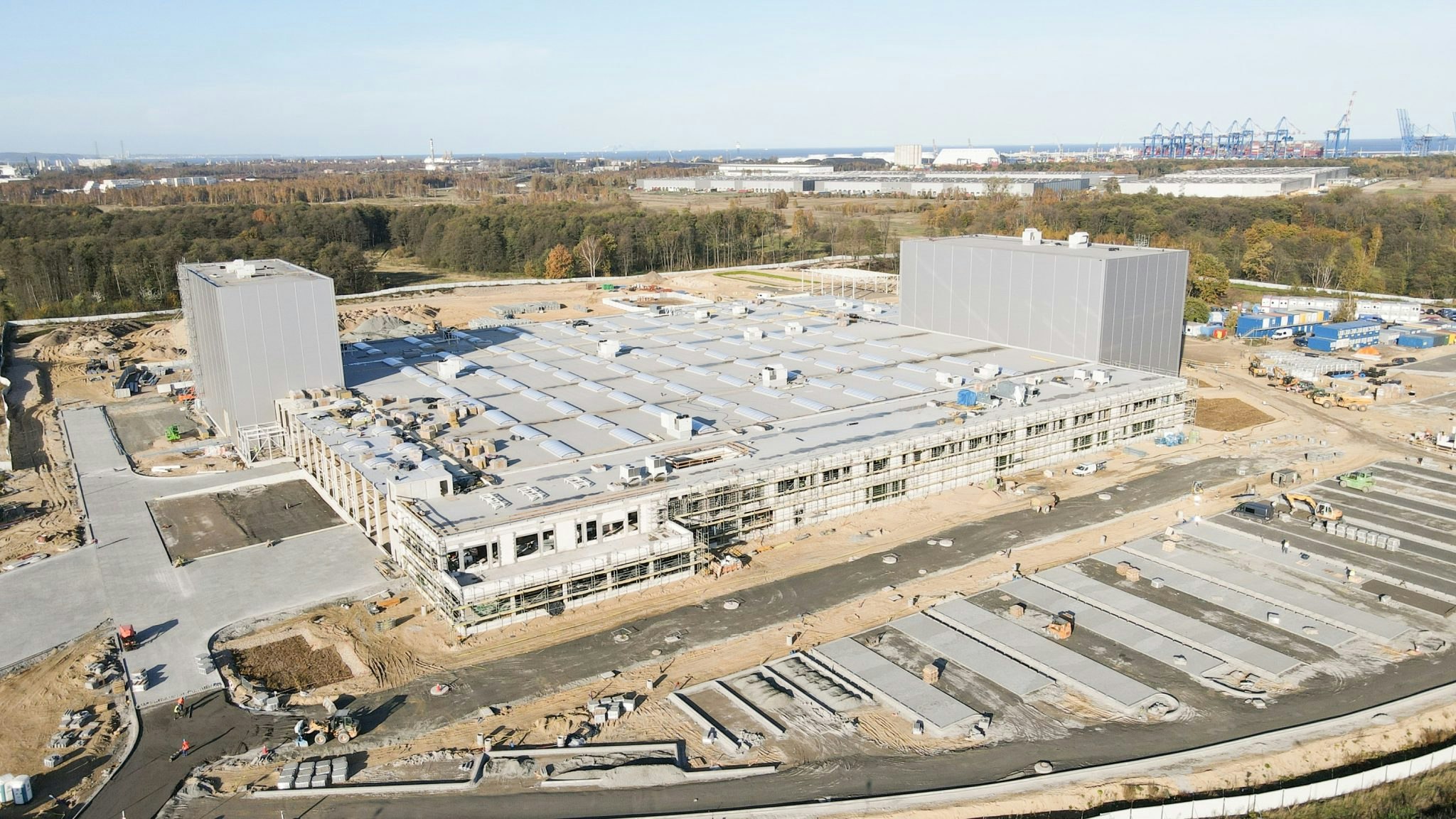Infarm, Europe’s largest vertical farming company, is laying off 50 employees in an effort to cut costs and secure its path towards profitability, it told Sifted.
The Berlin-based company, which is valued at over $1bn, said a looming recession, disruption of supply chains and soaring energy costs were behind the decision.
The company has over 1,000 employees, meaning the layoffs represent 5% of its staff. Infarm, which has operations across Europe, Canada, Japan and the US, declined to comment on which roles would be affected by the cuts.
“Structural changes that reduce our operating costs to ensure that we can focus our business activities on driving profitability need to be made,” the company said in a statement to Sifted.
“The aim is to future-proof the business against ongoing global uncertainty, supply chain challenges, and the current economic slowdown in financial markets.”
Rising energy costs
Infarm is the best-funded startup in Europe’s vertical farming industry — it’s raised $471m from some of Europe’s biggest VC investors, like Atomico and Balderton. But it has competition: there are at least 14 startups in the sector in Europe, and together they’ve drawn in $741m in VC cash across the last five years.
But critics have long questioned the profitability of the model. Things started to look shaky for the sector earlier this year, when French vertical farming startup Agricool, which had raised €30m, went bankrupt.
Infarm cited rising energy costs as one reason behind the job cuts — something analysts have predicted would adversely affect the sector.
The company declined to comment on the proportion of its overheads that go towards electricity, and stressed that the layoffs were down to a combination of factors, not just the rising energy costs.
But Cindy van Rijswick, food and agribusiness analyst at Rabobank, previously told Sifted that it was the most significant outgoing for vertical farms across the board.
Last year, she authored a study that suggested electricity accounted for 25% of the industry’s outgoings. That estimate was made before Europe saw surging energy costs from the war in Ukraine, so the percentage will now be higher.
“It will be a lot higher now,” she said, “and energy prices are only going up.”
Demand for basil in a cost-of-living crunch
Questions have also been raised over how much appetite there will be for vertically farmed products — which tend to retail at a higher price than traditionally farmed ingredients — as consumer spending power dwindles.
Infarm told Sifted in August that it has $300m of annual contracts lined up for 2022-23 and a clear road to profitability mapped out — something it said remains the same today. Its partnerships include Marks and Spencer, Fortnum and Mason, Getir, Wholefoods and Selfridges.


